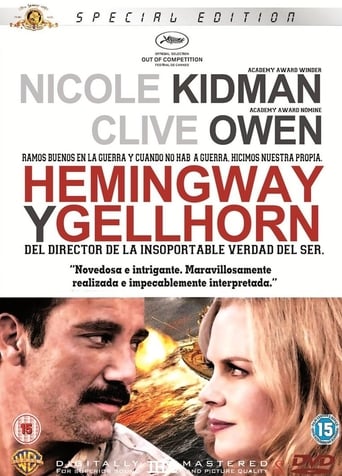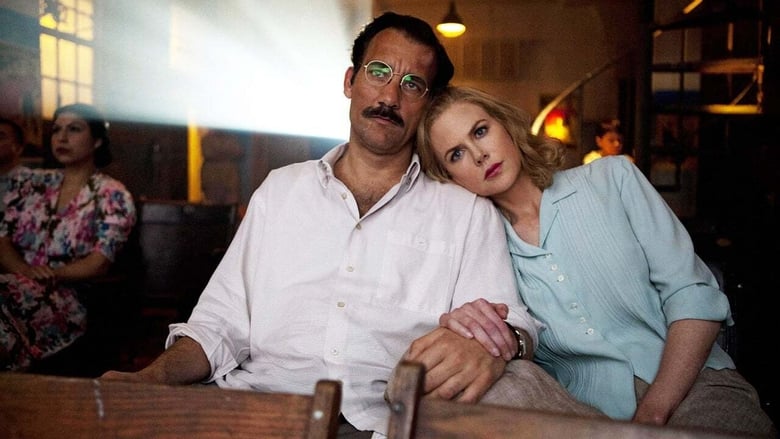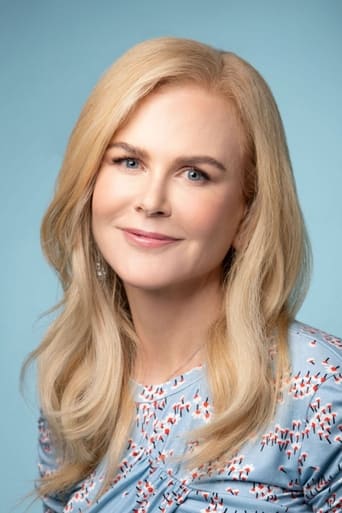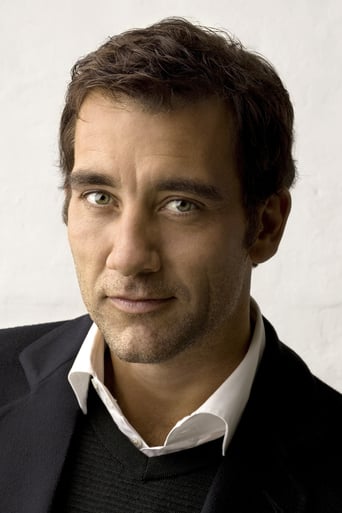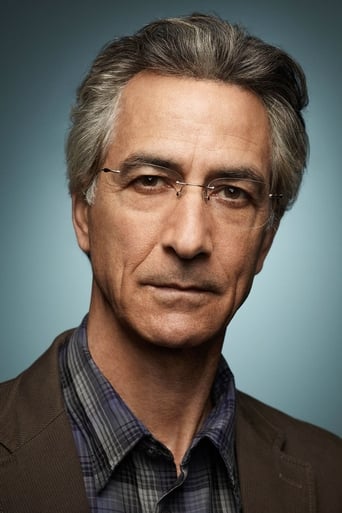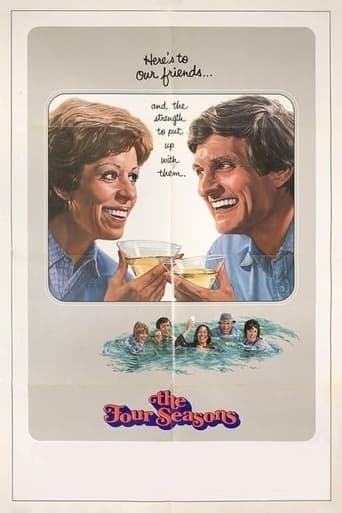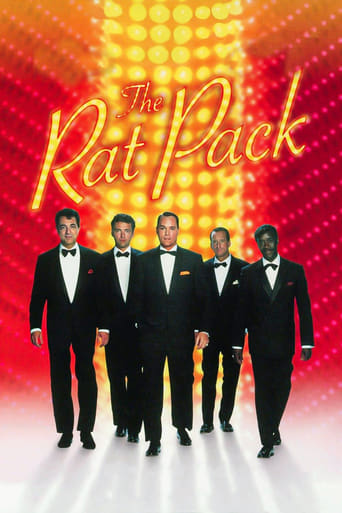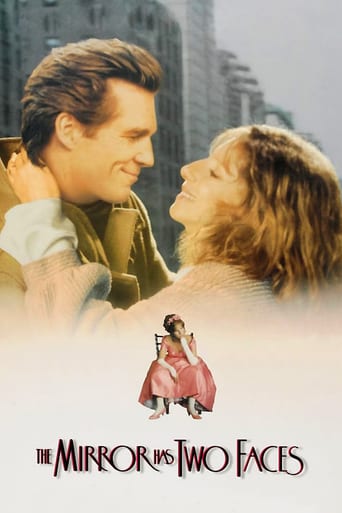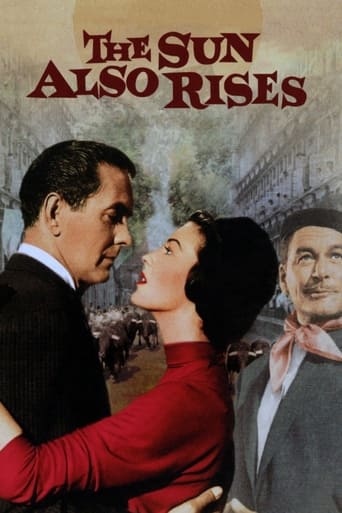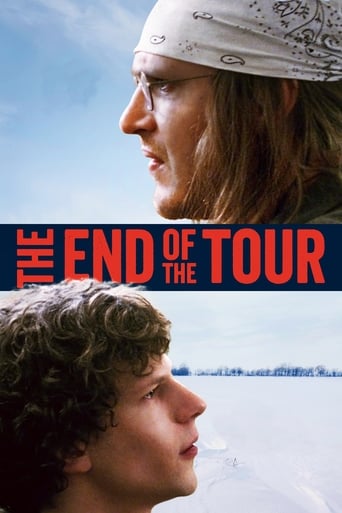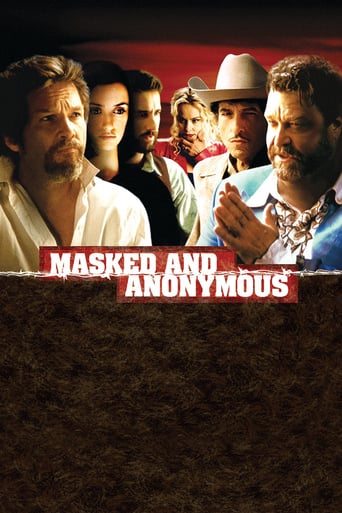Hemingway & Gellhorn (2012)
Writer Ernest Hemingway begins a romance with fellow scribe Martha Gellhorn.
Watch Trailer
Cast
Similar titles
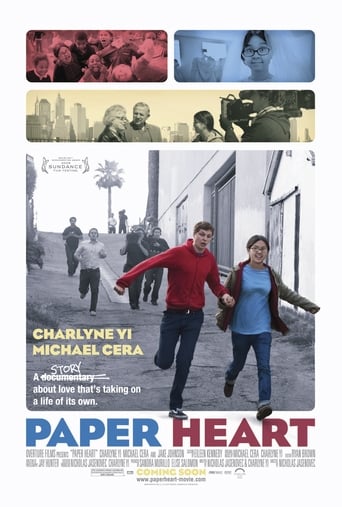
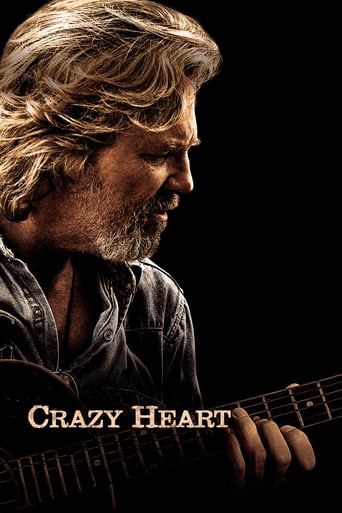
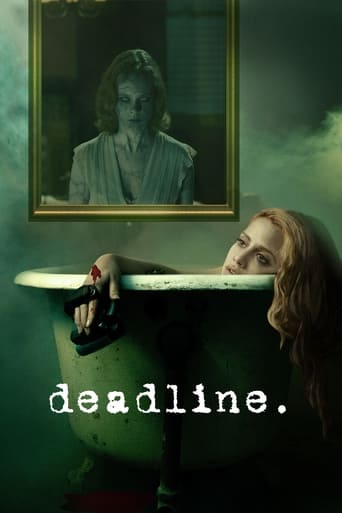
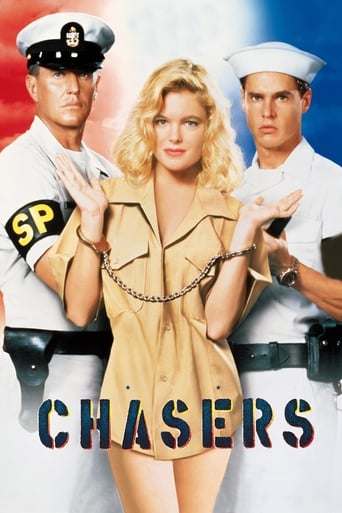
Reviews
That was an excellent one.
How sad is this?
Good story, Not enough for a whole film
It is an exhilarating, distressing, funny and profound film, with one of the more memorable film scores in years,
HBO's 'Gellhorn and Hemingway', a bio picture, is 155 minutes in running time. The story of Martha Gellhorn and Ernest Hemingway might have deserved better treatment as a straightforward documentary than a film made for television and the widescreen. Nicole Kidman is Gellhorn and the talented but underrated Clive Owen is Hemingway. There is no other way to call them since they are strong personalities and unstoppable in the pursuit of fame and fortune, love and war. No, they aren't the Martha and George of Albee's 'Whose Afraid of Virginia Woolf', but they, each in their own way, seem indestructible personalities, immovable objects that in the end proved incompatible. The fires of passion ignite from the moment Gellhorn meets Hemingway in Sloppy Joe's bar in Havana Cuba in the mid-1930s. The crucible of strong and barely controllable emotion flare up in Spain during the Spanish Civil War. Gellhorn proves an apt pupil who learns her craft of writing during war from Hemingway, and she is the inspiration for Maria in his homage to the people of Spain and the International Brigades who fought for the Spanish Republic against the fascist Franco and his Nazi and Italian allies. Were this a simple roll in the hay during the bombing of Madrid, Philip Kaufman's film would be simply another banal love story. It is not. He uses vintage newsreel of the fighting, the street life of Madrid during bombings, the exuberant attach to life in the face of overwhelming odds that the legitimate Republic would prevail against the fascists, with antiquated arms, motley crew of volunteers from Europe, Canada and the US, whose governments imposed an embargo on aid to the democratic government of Spain. Only Soviet Russia offered arms and aid, which complicated the glue that seemed to hold Republic Spain together--democratic, anarchist and communist. In a way, it is a quick study of the people who went to Spain: Joris Ivans who made the sharply strong and powerful 'Spanish Earth' that Hemingway narrated; the photographer Robert Capra, the writer John Dos Passos, whom left a sour taste in Hemingway's mouth. (Dos Passos was less enthusiastic about Hemingway's 'To Have and Have Not', a critique that didn't set lightly on the author's ego.) The interplay of personal rivalry, bravado and love making, more than anything that makes the drama of the first act to World War II vivid and realistic and more or less faithful to the era and the narrative. Biden by the war bug that ultimately will break the marriage of Gellhorn and Hemingway, Kidman as 'Marty' rushes off to cover that small war of Finland's resistance to Russian invasion 1939, in a land grab following the signing of the German-Soviet Nonaggression Pact. Gellhorn at the Finnish front tested the couple's union: Hemingway wanted a woman at home to care for his every whim. Gellhorn, as the daughter of a suffragette, was not cut out for that stay at home role. With an assignment to go to China, Gellhorn takes Hemingway along. He seems less enthralled but goes along; his wife is the star even though his reputation precedes him. In brief scenes, Kaufman manages to recreate the squalor and horror of the Japanese war against China; he even manages to convey the brute strength of Chinese coolies during the difficult and tiring journey on the Yangtze, as though it had come out of John Hersey's 'A Single Pebble'. The HBO film had its lighter but macabre moment when the couple meet Chiang Kai Shek and his wife the American-educated Soong Mai Ling, Mme. Chiang. Nonetheless, it was the coverage of the opening of the second front in the Europe theater of war that broke the marriage, Collier's Magazine regularly employed Gellhorn as a war correspondent, but the lure of Hemingway's name made the magazine appoint him as correspondent for the landing of Allied troops in France. Gellhorn felt betrayed and cleverly devised a way to stow away on a troop ship of nurses, and thus became the first correspondent to go ashore with the troops on D Day. Meanwhile Hemingway found his fourth wife Mary and ended up wounded in the hospital after a night of heavy drinking in a car accident. And here ends the saga of Gellhorn and Hemingway as Kaufman ties up loose ends: Hemingway's suicide and 30 years later with David Frost interviewing Gellhorn, who has not lost her spunk and hard edge as she prepares on the cusp of 90 to cover yet another war. The film does show the fear of loss of manlihood and his loss of sexual and mental prowess. The narrative is told from Kidman's point of view, which is more faithful to the record. Owen gives a good portrait of Hemingway's lust for life and vanity and his unstoppable genius at writing until it is hinted he descended into dementia.
I understand this film has some problems but not so many that they took away from Clive Owen's brilliant portrayal of Ernest Hemingway. I didn't look up the actors in the film before i watched it and so without opening credits, i kept wondering who this actor was that was playing Hemingway, showing all his qualities and failures without flinching. Owen did an exceptional job with this, not looking like himself but turning into Hemingway. And Nicole Kidman's portrayal of Martha Gellhon is not to be overlooked either. Both bring a good chemistry to the film, Gellhorn being the only woman to sue Hemingway for divorce.Well worth a watch imho.
My review title illustrates Martha Gellhorn's persistent complaint that her lifetime achievements as a war correspondent and writer merited more historical notoriety than simply being Hemingway's third wife. The title should have Gellhorn's name first, as the film begins and ends with her, without Hemingway. She outlived him by nearly 40 years, and thus had plenty of time to reflect on the significance of their time together. As Gellhorn notes: "A battlefield neither of us could survive was domestic life".(at least, together). They were too much alike in some ways, and yet different in some important ways, for their relationship to last forever. Gellhorn wrote that they were really afraid of each other, each being potentially the most violent person the other knew. Hemingway, being nearly a decade older and much better known by the public when they met, the relationship was bound to deteriorate as Gellman matured from a surrogate daughter and comrade in arms to being a true competitor of Hemingway in terms of taking on dangerous foreign adventures. Nonetheless, at the end of the film, where Gellman makes an imaginary phone call to a long deceased Hemingway, she grudgingly admits some debt to his influence on her life's work in the last line of the film "You're not dead yet, you f---."While the screenplay is mainly limited to the time when Gellhorn and Hemingway interacted with each other, the last portion skips ahead to the last weeks of Hemingway's life, when he's a chronically depressed white -haired old man of 61, undergoing ineffective ghastly electroshock treatments(which I was unaware of), before shooting himself as soon as he got back home. The near catatonic characterization of Hemingway at this time is probably an exaggeration. Just before his suicide, he mouths part of the speech he sent to Stockholm relating to his Nobel Prize, lamenting the typical fate of aging writers. Shortly before this segment, Hemingway is shown choosing to let his fishing line unravel when he hooks a marlin. This implies that he suddenly lost his will to deal with challenging situations and his ability to write effectively: a rather gross exaggeration of the truth. In fact, he continued to write prodigiously, even when seriously ill near the end of his life, and made a '54 trip to Africa. While dramatizing Gellman's activities on and shortly after D-day, the film ignores Hemingway's simultaneous post- D-Day-related activities. Hemingway's severe injuries from several plane accidents and development of several chronic health problems, which much contributed to his depressed state in his last decade, are ignored. The film ends with an unsuccessful attempt by reporters to get an aged Gellman to talk about Hemingway, followed by her imaginary phone conversion with the deceased, then with her exit for yet another foreign adventure.Nicole Kidman was fantastic as Gellhorn: occasionally romantic, but mostly hard-bitten and cynical with age, as a woman who led her chosen life would almost have to be. Gellhorn wrote that she didn't really enjoy sex and, in the film's beginning, says she was undoubtedly a very poor bed partner, that not being where her true passion lay. Hence, all the lovemaking scenes are initiated by Hemingway, often with a resisting Gellman.Clive Owen, as Hemingway, was a much less perfect fit, but still acceptable, for the most part. The details of their relationship and activities during this period apparently were carefully researched, according to the commentary by the director on my DVD copy. Frequent intermittent nesting of the principle actors into archival film footage relating to the various war zones gave an additional perception of authenticity. The frequent switching between B&W, semi-color and full color, which annoys some viewers, helped distinguish the past from the present, and nested archival footage from current scenes. Several lyrics to the tune for "Red River Valley" serves as the running theme song.The scene in which Hemmingway challenges Robert Duvall, as the Russian general, to a modified Russian roulette duel, is interesting. Each grasps the end of the same kerchief in the teeth and circle each other, as each holds a pistol to their head. The point of this bizarre ritual is not apparent before they are convinced to end it and hug each other. Could this represent a foreshadowing of the future Cold War, with nuclear arsenals being represented by the pistols? The initiation and termination of their intense relationship is symbolized by an adversarial conversation through her locked or partially open hotel room door, although their relationship actually began or effectively was terminated prior to these incidents.Their first sexual encounter is a very dramatic scene , as they writhe in ecstasy while the Madrid hotel room they occupy is gradually being destroyed by shock waves from fascist aerial bombs. Hemingway massages plaster dust from the crumbling ceiling over Gellhorn's skin. How many first sexual encounters are this dramatic? Later, as the two are backstage, waiting for Hemingway to be called out to introduce a documentary on the plight of Spanish peasants, he impulsively initiates standup sex with Gellhorn. Perhaps he hoped this would enhance his confidence in his speech, as is thought to have happened with JFK in his first presidential debate with Nixon. Gellhorn then makes a better follow up speech, but is ignored by the press.
I'm surprised at the many negative comments posted here. I thought this was a superbly done film in all respects. It captures the essence of the Spanish civil war and the feel and mood of the thirties. The recreation of Frank Capra's famous (and controversial) photo was brilliant as was that of another famous photo: the abandoned child in the ruins of Nanking. The fades from black and white to colour were a neat technique that capitalizes on our memories of both the Spanish and Chinese conflicts which of necessity are based on black and white newsreels. And although it's been done before, inserting the movie's characters into actual footage of FDR and other historical figures was brilliant. The one negative --- otherwise I would have given it a 9 or even a ten --- ware the needlessly long, overly explicit and laughably acrobatic sex scenes. They cheapen an otherwise very well done film!
